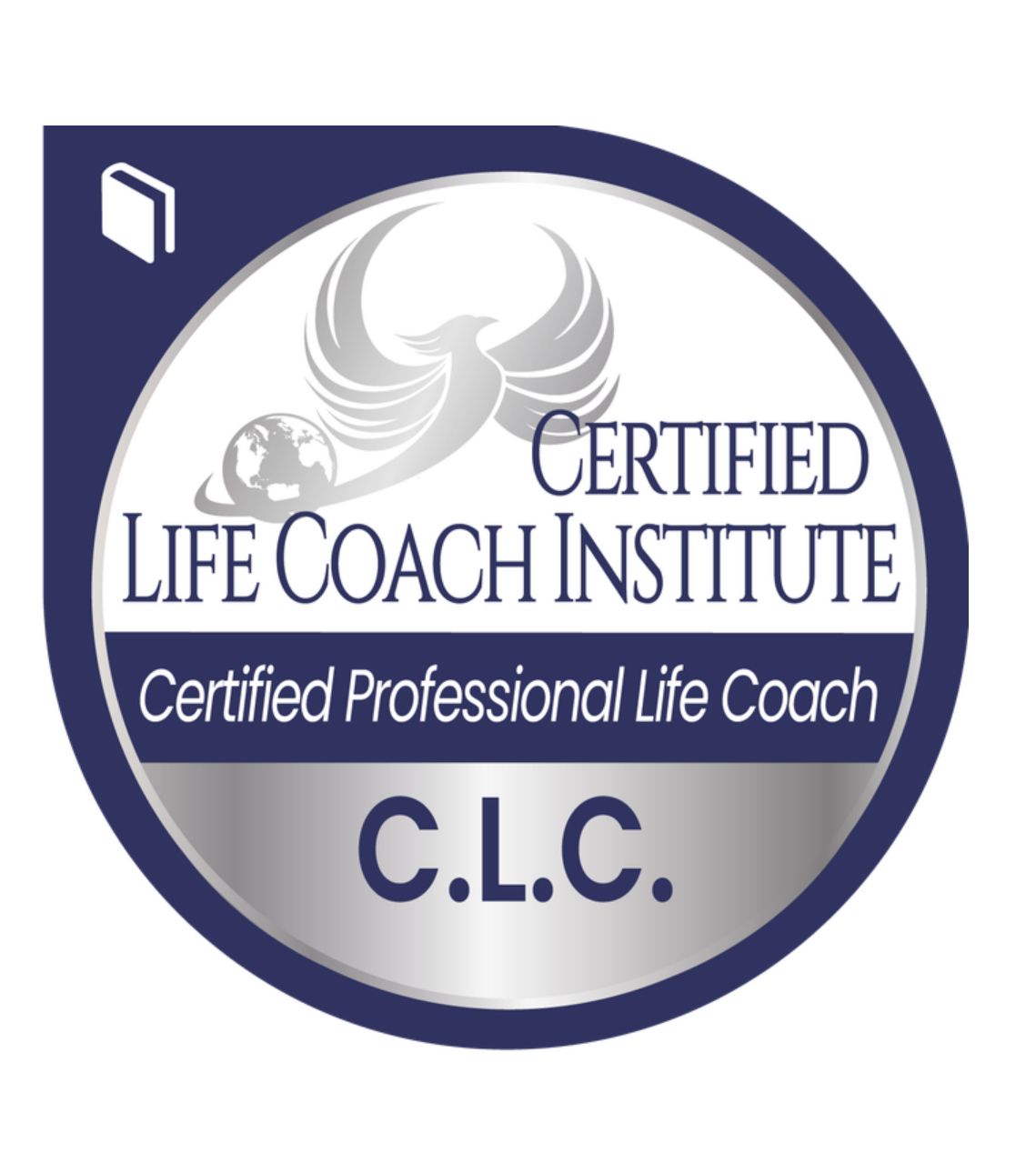
Breakups are messy. Whether it’s the end of a long-term relationship, marriage, or a shorter romance, the emotions that follow can make you second-guess everything. And when we're unsure, one of the first things we often do is turn to others for advice, seeking validation for our decisions. While getting perspectives from friends and family can be helpful, it’s essential to recognize that their advice is often filtered through their personal experiences—and those experiences may not reflect what’s right for you.
That said, it’s completely natural for most of us to look for external validation during breakups. Breakups leave us vulnerable, and during such a time, our self-trust can waver. Doubts creep in, questioning, “Did I make the right choice?” “Could I have saved the relationship?” “Will I regret this later?* These are natural questions we face during the bargaining stage of grief in breakups. And when we struggle to answer them, it’s easy to seek clarity from those around us. After all, hearing someone say, “You did the right thing,” can feel comforting, especially when we're in emotional turmoil. But here’s the catch: the advice we receive isn’t always pure or neutral. The people we go to bring their own histories, wounds, and relationship patterns into the conversation. Their advice often reflects their personal experiences, not necessarily what’s best for YOU. They may unknowingly project their own fears, regrets, or biases onto your situation, which can cloud your judgment.
It’s important to note there is a risk in taking advice from the wrong sources. Not everyone is equipped to give you the advice you need during a breakup. It’s vital to ask yourself: *Does this person have the kind of romantic relationship I desire for myself?* If the person you're seeking advice from doesn’t embody the relationship dynamic you're striving for, their guidance may steer you away from your own goals. For instance, a friend who has never been in a healthy, long-term relationship might advise you to stay in a situation that isn’t serving you simply because they fear being alone. Or, someone who moves on quickly from relationships might suggest that you “just get over it,” overlooking the emotional process you need to honor. Before you ask for advice, consider their track record. Are they in a relationship you admire? Do they have the emotional intelligence and self-awareness to offer insight, or are they merely offering advice based on their pain or avoidance?
The key to navigating a breakup is self-trust. Learning to trust yourself is more crucial than ever. While external perspectives can be useful, it’s your inner voice that needs to lead the way. Here’s how you can strengthen self-trust during a breakup:
1. Reflect on your values: What matters most to you in a relationship? What helps you feel aligned and connected to a partner? Use these relationship core values as a compass to guide your decisions rather than relying on others’ opinions.
2. Tune into your emotions: Allow yourself to feel the full spectrum of emotions after a breakup. Self-trust grows when you honor your feelings rather than push them aside. While it’s common to seek advice from others during this time, doing so often just provides validation rather than real guidance, which can prevent you from fully processing the grief. The more you get comfortable with feeling your emotions, the clearer your decisions will become.
3. Journal your thoughts: Writing out your thoughts can help you process and make sense of your experience. It’s also a powerful way to see patterns, gain clarity, and notice when external opinions might be swaying you.
4. Take advice with a grain of salt: It’s okay to listen to others, but ultimately, you must weigh that advice against your own intuition and lived experience. Don’t let anyone else’s fear or unresolved issues cloud your judgment.
5. Practice self-compassion: Breakups often lead to self-blame. Acknowledge that ending a relationship doesn’t mean you’ve failed. Trust that you are making decisions that align with your future self, even if they feel difficult in the moment.
The Bottom Line: It’s natural to seek reassurance after a breakup, but be mindful of where you go for that support. While others can offer advice, only *you* know what’s truly best for your heart and future.
And sometimes the best way to gain clarity around your breakup grief is to seek assistance from a professional. A relationship coach can support you in gaining clarity around your experience, helping you uncover your own answers rather than simply offering advice.
At Love Prescriptions, The Relationship Institute, we are here to support you through this difficult process. Don’t hesitate to reach out for coaching support. Also, keep an eye out for our upcoming digital course, Navigating Heartbreak: Understanding Grief Through Breakups, launching soon!
And sometimes the best way to gain clarity around your breakup grief is to seek assistance from a professional. A relationship coach can support you in gaining clarity around your experience, helping you uncover your own answers rather than simply offering advice.
At Love Prescriptions, The Relationship Institute, we are here to support you through this difficult process. Don’t hesitate to reach out for coaching support. Also, keep an eye out for our upcoming digital course, Navigating Heartbreak: Understanding Grief Through Breakups, launching soon!
In this course, we will explore how the stages of grief—denial, anger, bargaining, depression, and acceptance—apply to the breakup process. You’ll discover which stage you’re in, understand why people sometimes get stuck, and most importantly, learn actionable strategies to heal and move forward. Through this journey, you’ll gain a deeper awareness of your emotions, letting go of what no longer serves you and stepping confidently into the next chapter of your life.
By the end of this course, you’ll not only have a clearer understanding of your emotional process but also the tools to navigate your healing journey with strength and compassion.




